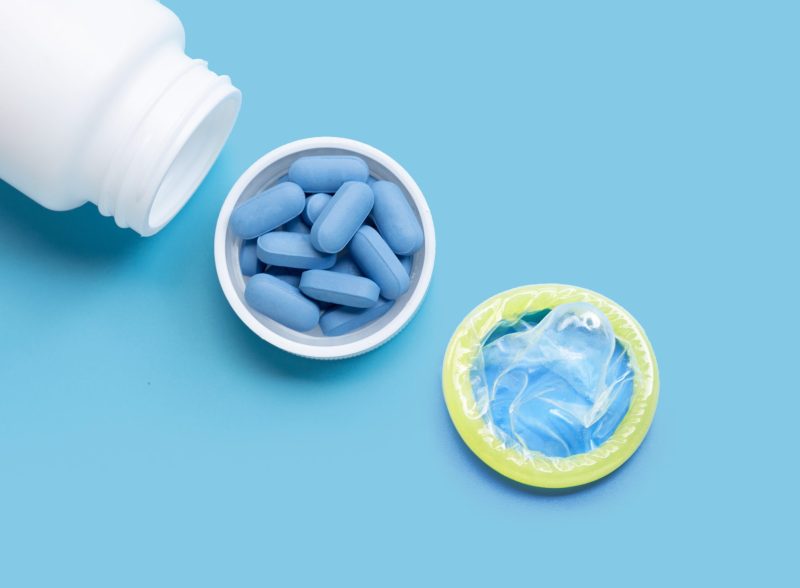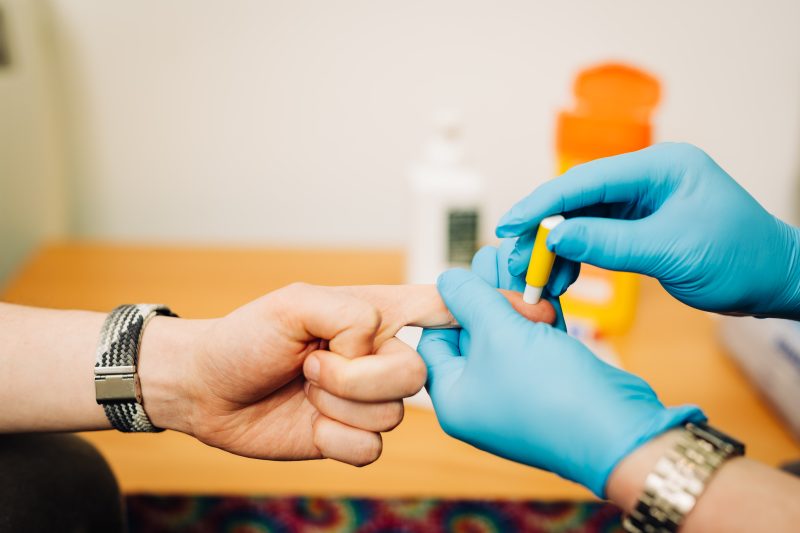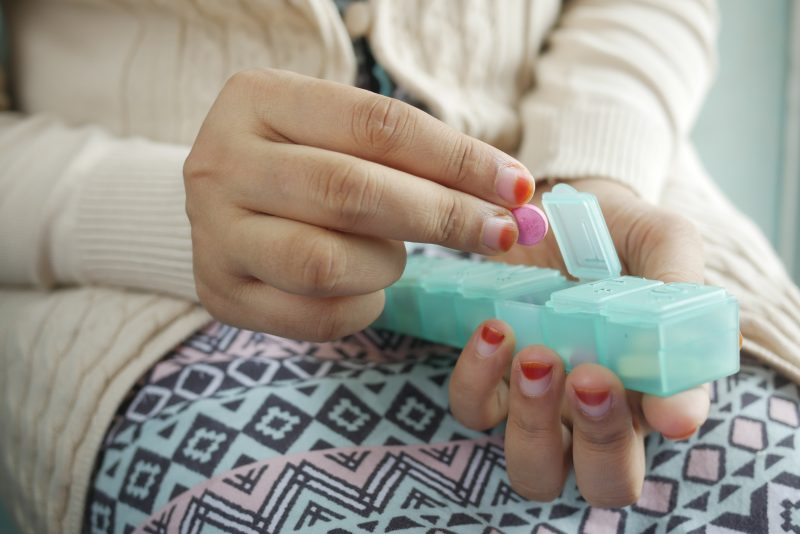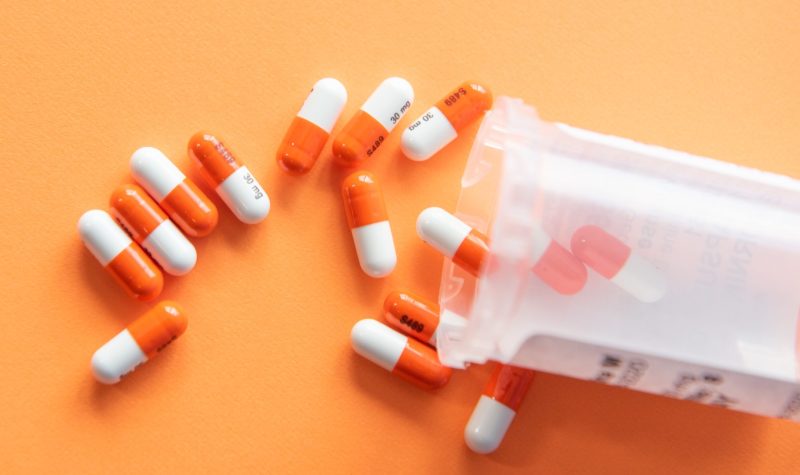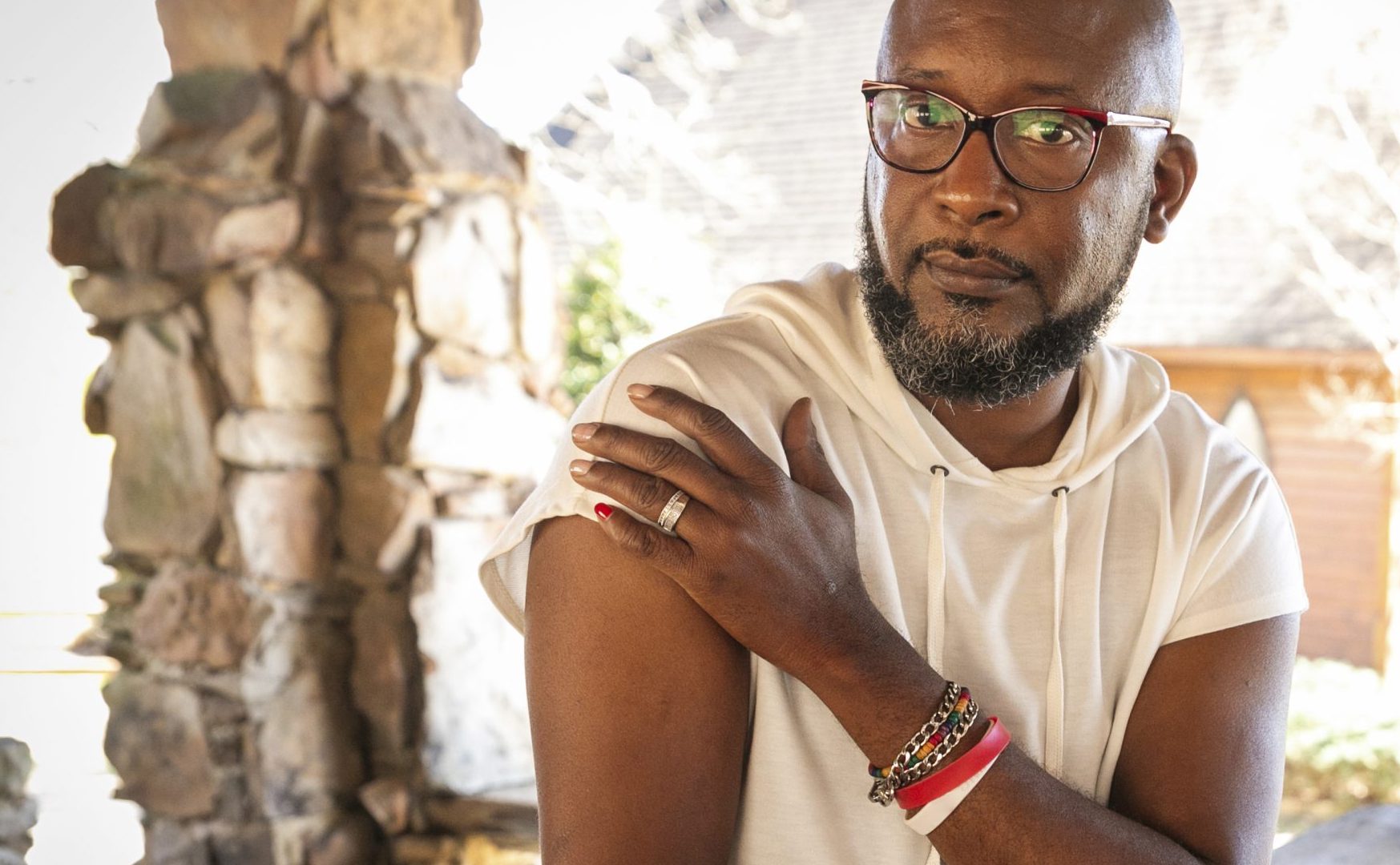
HIV
HIV is treatable, but the stigma and fear of an HIV diagnosis still prevents many people from getting tested and knowing their status.
In the pages below we provide information on a wide range of topics – from accessing HIV testing to knowing your rights while living with HIV.




